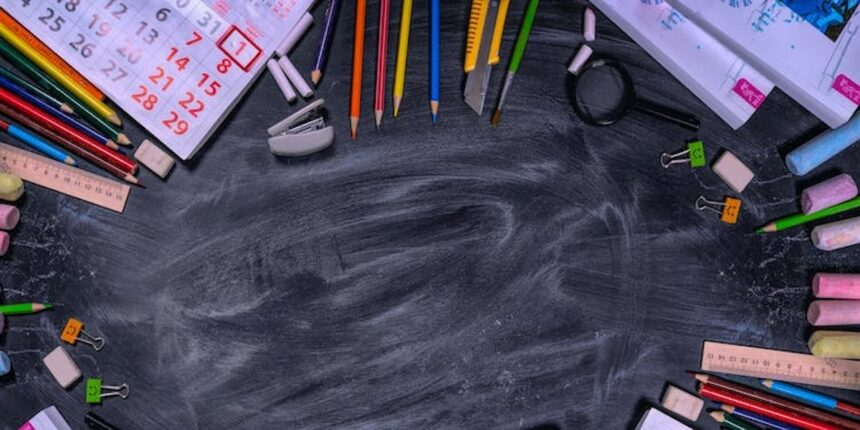On Thursday, February 15th, UNESCO Member States unanimously adopted a new Global Framework for Cultural and Artistic Education. It aims to give greater importance to cultural and artistic education in teacher training, better valorize heritage and local and indigenous cultures, and further promote artistic and cultural skills within the professional world. To translate these commitments into action, UNESCO and the United Arab Emirates also announced a major new initiative.
As emphasized by a UNESCO study last year, artistic education enables students to develop emotional intelligence, creativity, and critical thinking skills. It enhances their well-being and academic performance. On a societal level, it promotes openness to others and respect for diversity. I thank our Member States for this new global agreement, which will increase the role of culture and the arts in education, while also taking better account of digital technologies.
Audrey Azoulay, Director-General of UNESCO
The World Conference on Cultural and Artistic Education organized by UNESCO and the United Arab Emirates in Abu Dhabi (February 13-15) brought together nearly 1,000 stakeholders from culture and education, including 90 ministers, 125 representatives from UNESCO Member States, policymakers, experts, NGOs, UN agencies, academics, and representatives from the private sector.
The new UNESCO framework emphasizes the need for lifelong cultural and artistic learning in all types of educational environments. It places culture and the arts at the heart of educational policies and strategies, programs, and curricula. It broadens the concept of culture to include built, natural, and living heritage, cultural expressions, as well as cultural and creative industries. It also highlights the potential of digital technologies in cultural and artistic education to promote intercultural dialogue and linguistic diversity.
The text also highlights the essential role of learning about diversity in overcoming divisions and fostering mutual understanding. It underscores the need to place greater emphasis on local cultures and heritage, especially indigenous ones. It also calls for strengthening relationships between educational and cultural institutions. This involves creating more partnerships between schools and cultural sites and elements – whether they are UNESCO World Heritage sites or cultures, traditions, and festivals listed on the Intangible Cultural Heritage of Humanity.
Building on UNESCO’s roadmap in Lisbon (2006), the Seoul Agenda (2010), and the MONDIACULT Mexico declaration (2022), this framework is the result of two years of multi-stakeholder consultations, dialogue, and negotiations with Member States.
A New UNESCO-United Arab Emirates Partnership to Implement this Framework
The adoption of this framework is not an end in itself. Its recommendations must now be translated into public policies. UNESCO will support this process by enabling Member States to share their experiences, launch innovative reforms, and exchange best practices. UNESCO and the United Arab Emirates have announced an initial major initiative including scholarships and an international mobility program for teachers, as well as support for African Member States.
I commend the significant commitment made by Abu Dhabi and the United Arab Emirates for the years to come. It will help us to take concrete action by supporting countries that need it most, particularly Africa, which UNESCO has prioritized.
Audrey Azoulay, Director-General of UNESCO
This new initiative will be based on three main axes. It will provide grants to those implementing ambitious artistic education projects in each region. It will support teachers, especially those from over 12,000 UNESCO-associated schools. Educators who design and implement effective pedagogies for artistic education will be awarded international mobility scholarships. Finally, it will support African states through expert visits, knowledge sharing, and technical and vocational education and training.
Download the new Global Framework for Cultural and Artistic Education
UNESCO, press release of February 15, 2024








